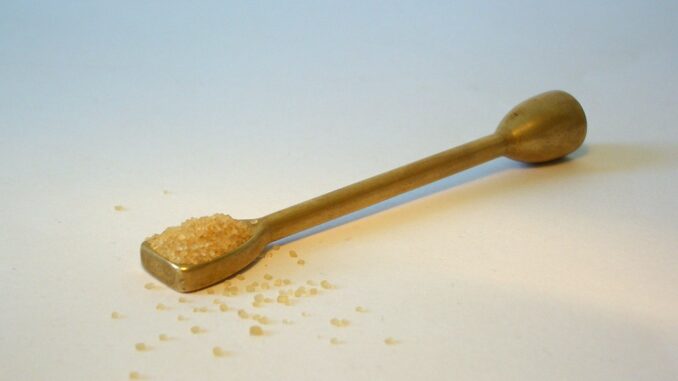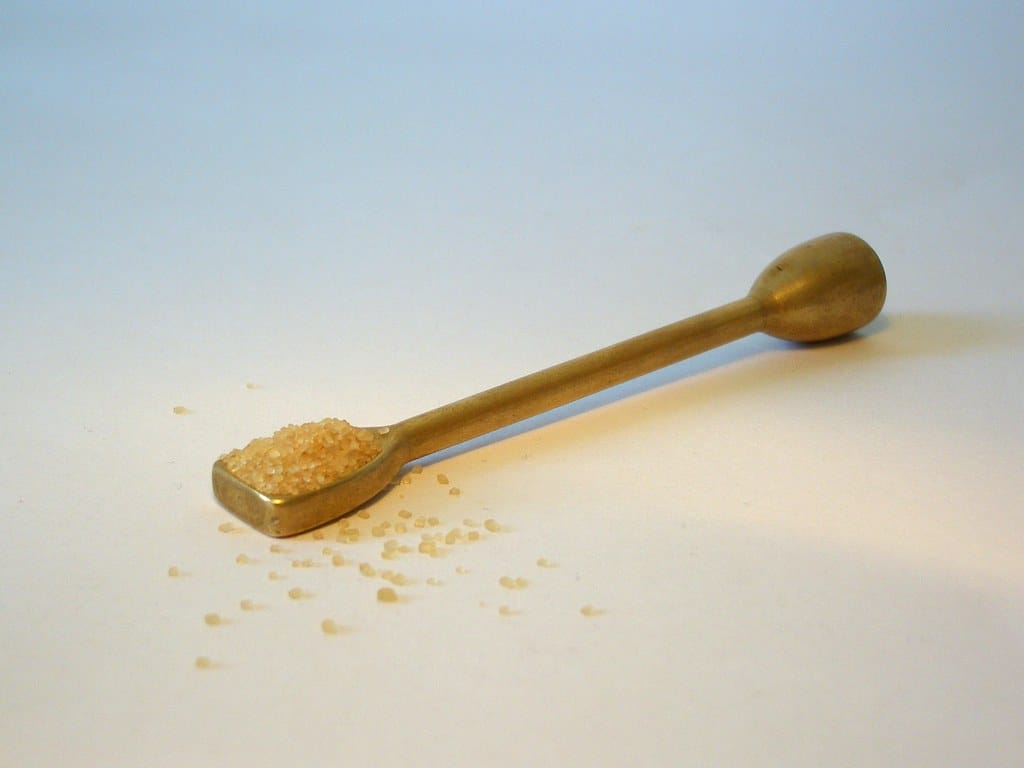
This 30 second ritual activates 1 tiny muscle for powerful boners
Unsubscribe | Report as spam | Change email preferences
—-Important Message From Dr. Joe—-
This 30 second ritual activates 1 tiny muscle for powerful boners

Have your erections seemed weaker lately?
Well, Harvard scientists have discovered the shocking reason why:
Your “boner muscle” isn’t being triggered.
These researchers proved that when you activate this tiny muscle…
You get an instant, throbbing, long-lasting boner… regardless of how old you are.
So you can deliver her earth-shattering pleasure, for as long as you want.
And the best part?
All you need to do to “activate” these on-demand erections is:
- Go into your kitchen pantry…
- Then eat ½ teaspoon of THIS
A little crazy, I know…
But Nobel-Prize winning research proves this works better than little blue guys…
This “boner muscle” secret is already helping men as old as 97 experience jaw-dropping stiffies…
And deliver back-arching climaxes to their partners.
———-
Boosting the body’s natural pleasure hormone
Dopamine and serotonin are 2 neurotransmitters – they are very important roles in brain function and behavior.
Most people have heard of both of these neurotransmitters…
However, the common understanding about them you get from mass media isn’t very helpful.
We are told that serotonin is good and dopamine can help with motivation but might play a role in addictive behavior.
These kinds of messages are oversimplified and mostly untrue.
And you can see this quite clearly in the field of sexuality where dopamine has positive effects and serotonin mostly negative.
It goes a long way to explaining why serotonin-boosting substances, like certain antidepressants, cause major sexual problems.
Most people could do with increasing their dopamine a little bit while reducing serotonin.

The review of human and animal research was carried out at the University of Buffalo. This paper was published in Physiology & Behavior.
Everyone knows that certain steroid hormones (the sex hormones) have an influence on sexuality and sexual behavior.
They do this partly by activating receptors that modify the actions of genes and proteins.
“Steroid hormones regulate sexual behavior primarily by slow, genomically mediated effects.”
Sex hormones have effects on sexual behavior by altering the way people respond to stimuli including taste, smell, vision, hearing, and touch.
“These effects are realized, in part, by enhancing the processing of relevant sensory stimuli.”
But sex hormones also have profound effects on brain neurotransmitters.
And these neurotransmitters can affect our sexual responses to sensory stimuli.
“Steroid hormones also alter the synthesis, release, and/or receptors for neurotransmitters in integrative areas, and increase the responsiveness of appropriate motor outputs.”
Animal and human experiments show that dopamine improves libido, sexual function and physiological responses to sensory stimuli in the genital region in both men and women.
“Dopamine has facilitative effects on sexual motivation, copulatory proficiency, and genital reflexes.”
Researchers have even identified the parts of the brain where dopamine activates sexually motivated behaviors.
“Dopamine in the mesolimbic tract activates numerous motivated behaviors, including copulation, in the medial preoptic area controls genital reflexes, copulatory patterns, and specifically sexual motivation.”
One of the sex hormones, testosterone, increases dopamine in both men and women.
It’s proven to improve libido and sexual responses in male and female animals.
“Testosterone increases basal and female-stimulated dopamine release, which in turn facilitates copulation and genital reflexes.”
Serotonin has quite the opposite effect. In general, serotonin and dopamine oppose each other in relation to their effects on the body.
Serotonin inhibits sexual responses and sex drive in most cases.
“Serotonin (5-HT) is primarily inhibitory.”
There are some minor exceptions…
Activation of some serotonin receptors seems to increase erections in animals and inhibits ejaculation.
The later part could explain some side effects of serotonin-boosting treatments.
“…although stimulation of 5-HT(2C) receptors increases ‘rockiness’ and inhibits ejaculation.”
But mostly, serotonin activates brain receptors which lead to poor erections and premature ejaculation.
“Whereas stimulation of 5-HT(1A) receptors has the opposite effects: facilitation of ejaculation and, in some circumstances, inhibition of ‘rockiness.’”
Serotonin is released in some parts of the brain during then right after ejaculation.
It’s likely that this has knock-on effects – including increasing prolactin…
…which immediately reduces sex drive and prevents erections from occurring again for a period of minutes to a period of days.
“Serotonin is released in the anterior lateral hypothalamus at the time of ejaculation.”
Injections of small amounts of serotonin-boosting antidepressants decreased sex drive and significantly delayed ejaculations.
“Microinjections of SSRIs in that part of the brain delay the onset of copulation and delay ejaculation after copulation begins.”
The researchers point out that this may be due to the antagonistic relationship between serotonin and dopamine.
In other words, the effect of serotonin against sexuality and sexual function may be due to it decreasing the production of dopamine.
“One means for this inhibition is a decrease in dopamine release in the mesolimbic tract.”
You should always consult your healthcare practitioner for guidance on medical diagnosis and treatment.
—-Important Message for Men Interested in Boosting Sexual Function—-
This one hormone boosts rockiness, libido, and sexual pleasure

And it’s not dopamine…
It’s not serotonin or DHEA or progesterone…
It’s not even testosterone!
So what is this one hormone that is even better than dopamine when it comes to performance and pleasure?
Here it is — and I’ll show you how I’m naturally increasing this one hormone with a simple method you can use tonight…
———-


